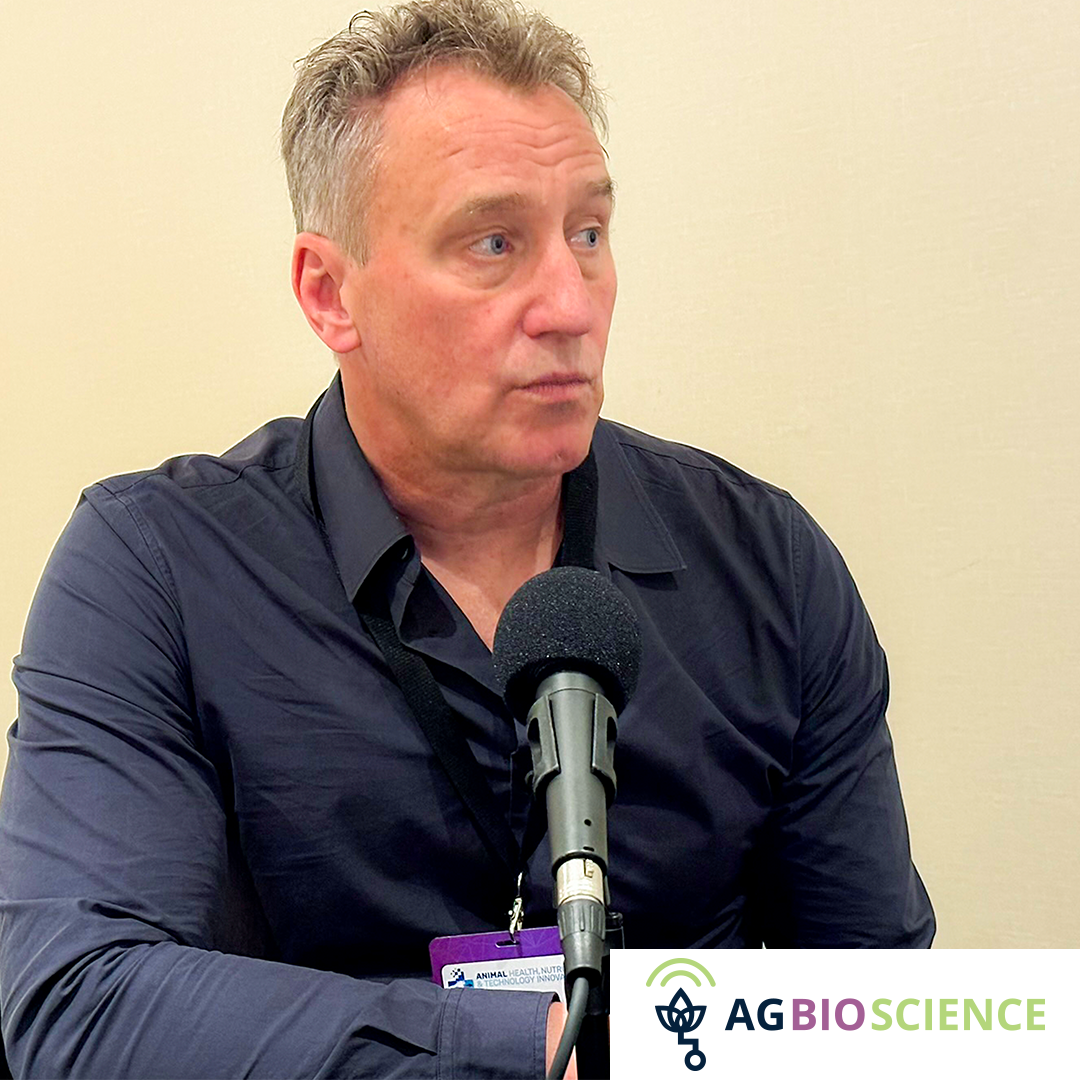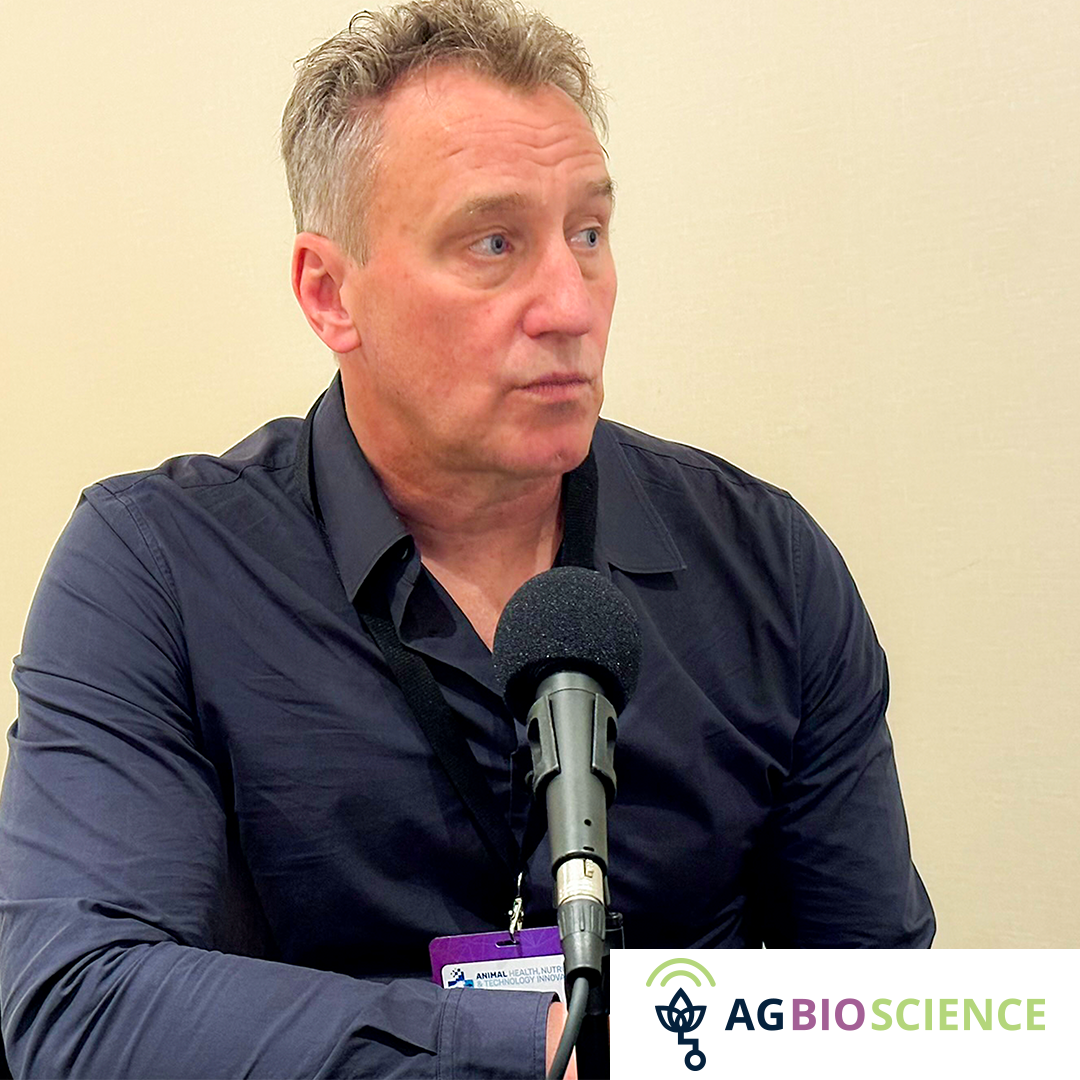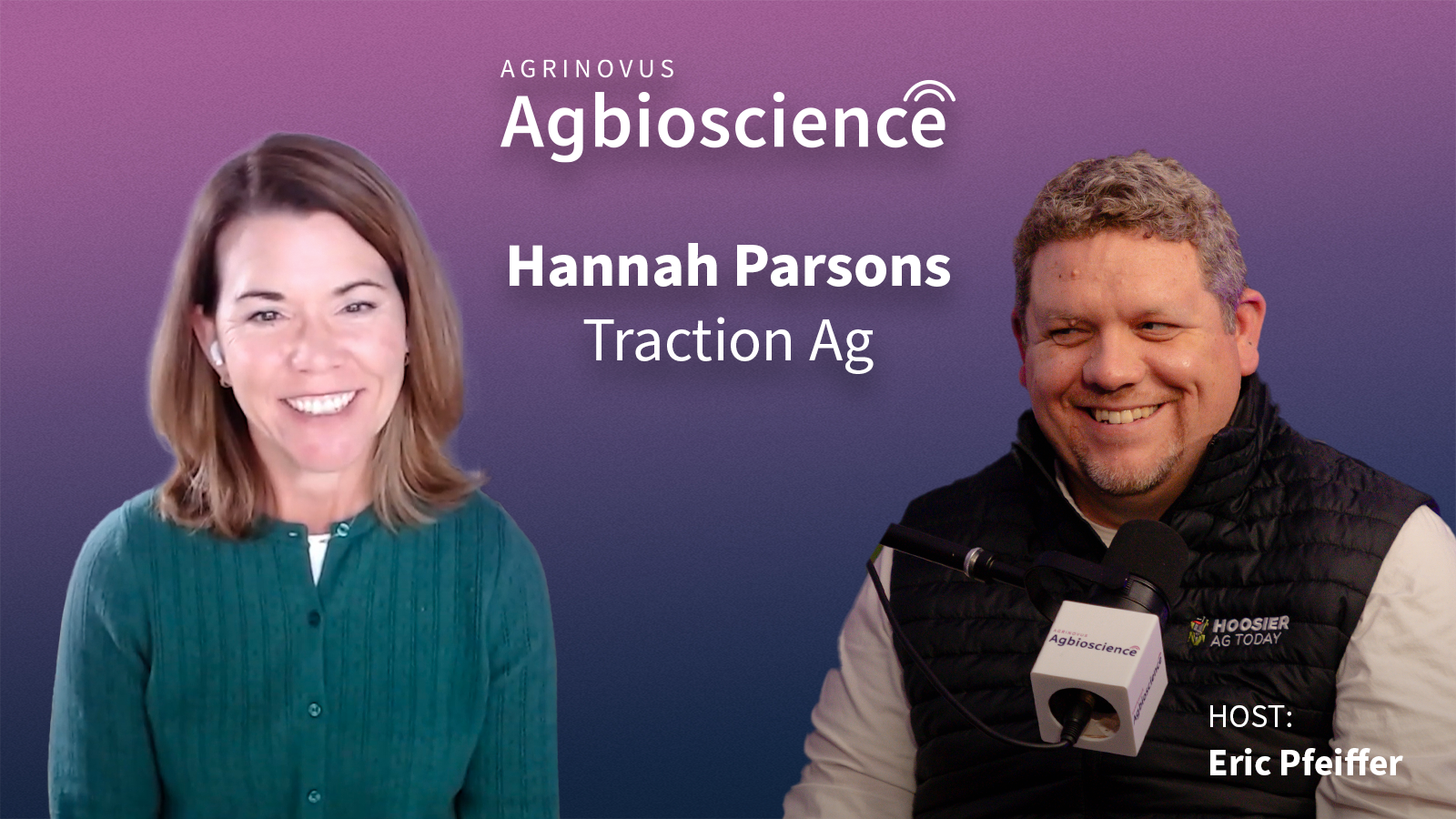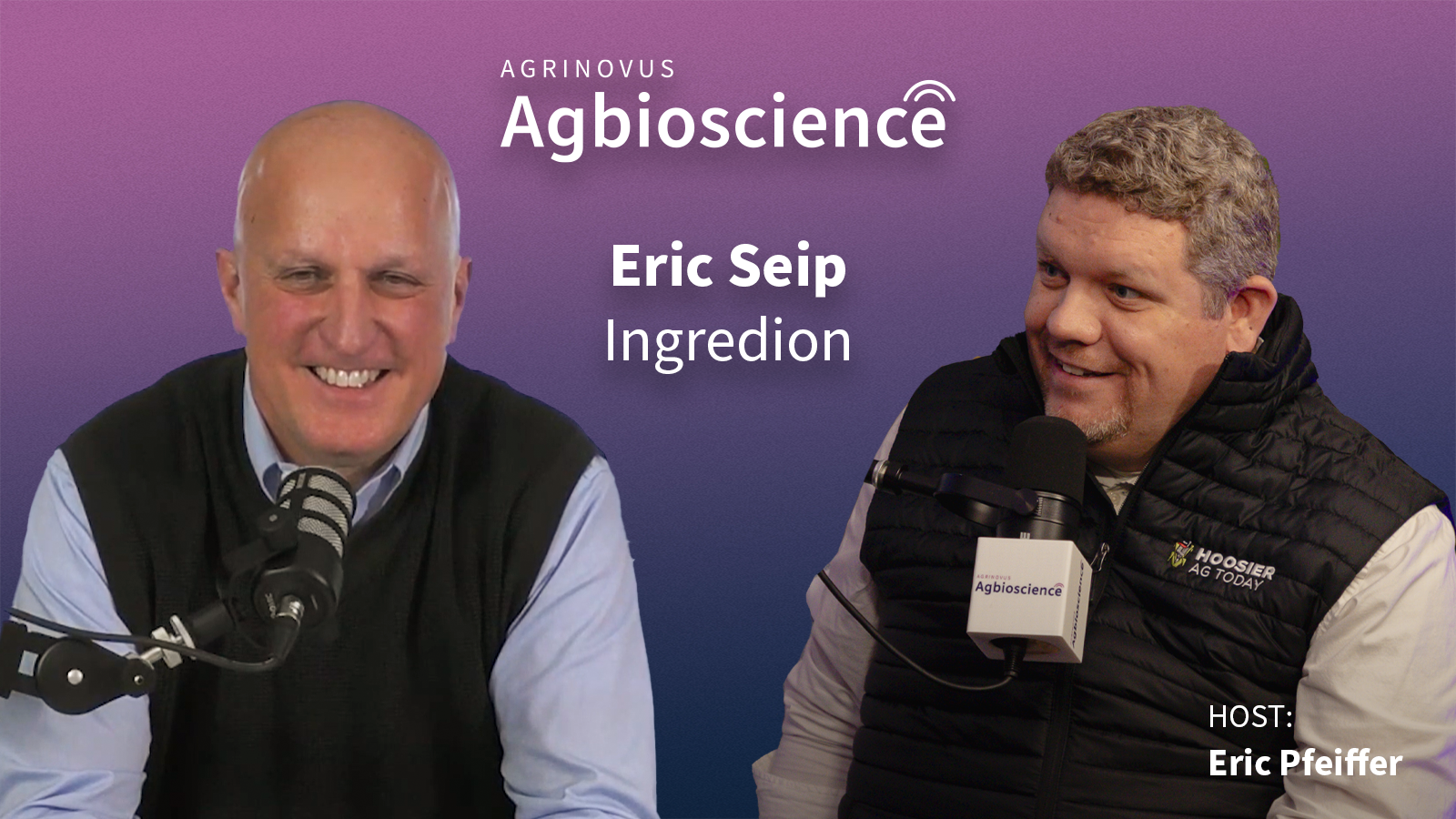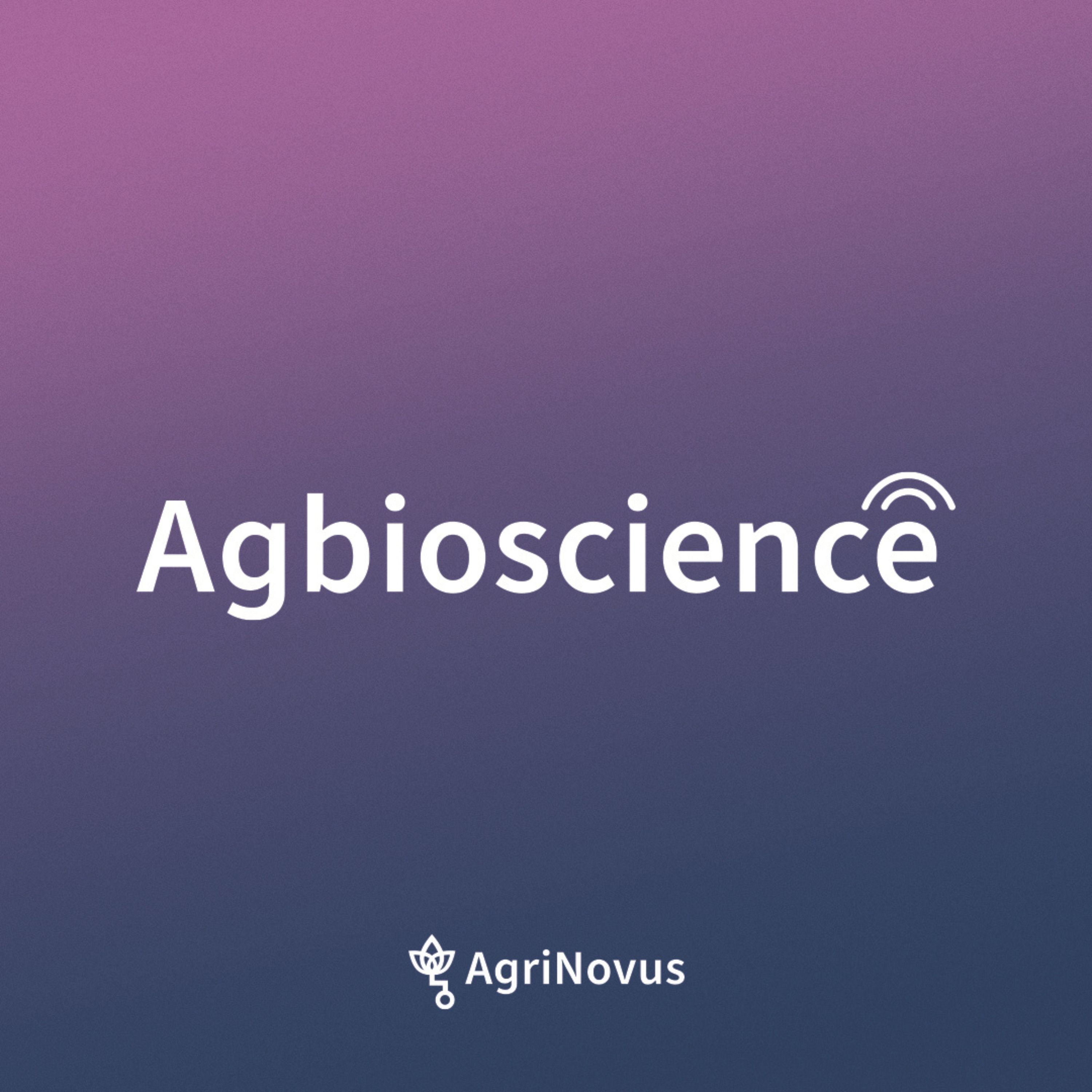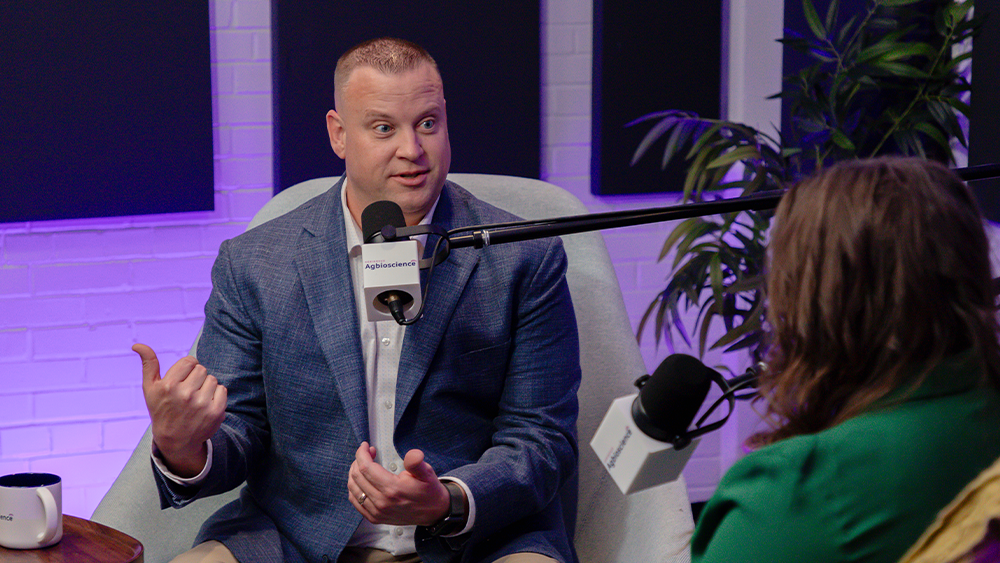306. Ruminant BioTech’s Mark Weldon on methane knockdown, the link between environmental + economic sustainability
- 0.5
- 1
- 1.25
- 1.5
- 1.75
- 2
DESCRIPTION
There are over one billion cattle globally, emitting methane through a natural process called enteric fermentation. Reducing emissions have become a top target of innovators across animal health and one company out of New Zealand is tackling the challenge from inside the cow. This week, we are joined by Mark Weldon, chairman of Ruminant BioTech, to talk about their bolus – a slow-release device that sits in the cow’s stomach for up to six months and delivers high levels of methane knockdown (think over 70% across a 90-day window).
How was this bolus developed? Mark talks about the mini pilot that launched Ruminant BioTech and the growing conversation around methane emission suppression. He also gets into factors that are paving the way for innovations like this to emerge and creating value -- starting with the rancher and moving all the way through the food system.
What makes Ruminant BioTech different than other aiming to mitigate methane emissions? Mark talks about their differentiation, acquiring funding (good returns for doing good) and their plans to scale outside of New Zealand.

